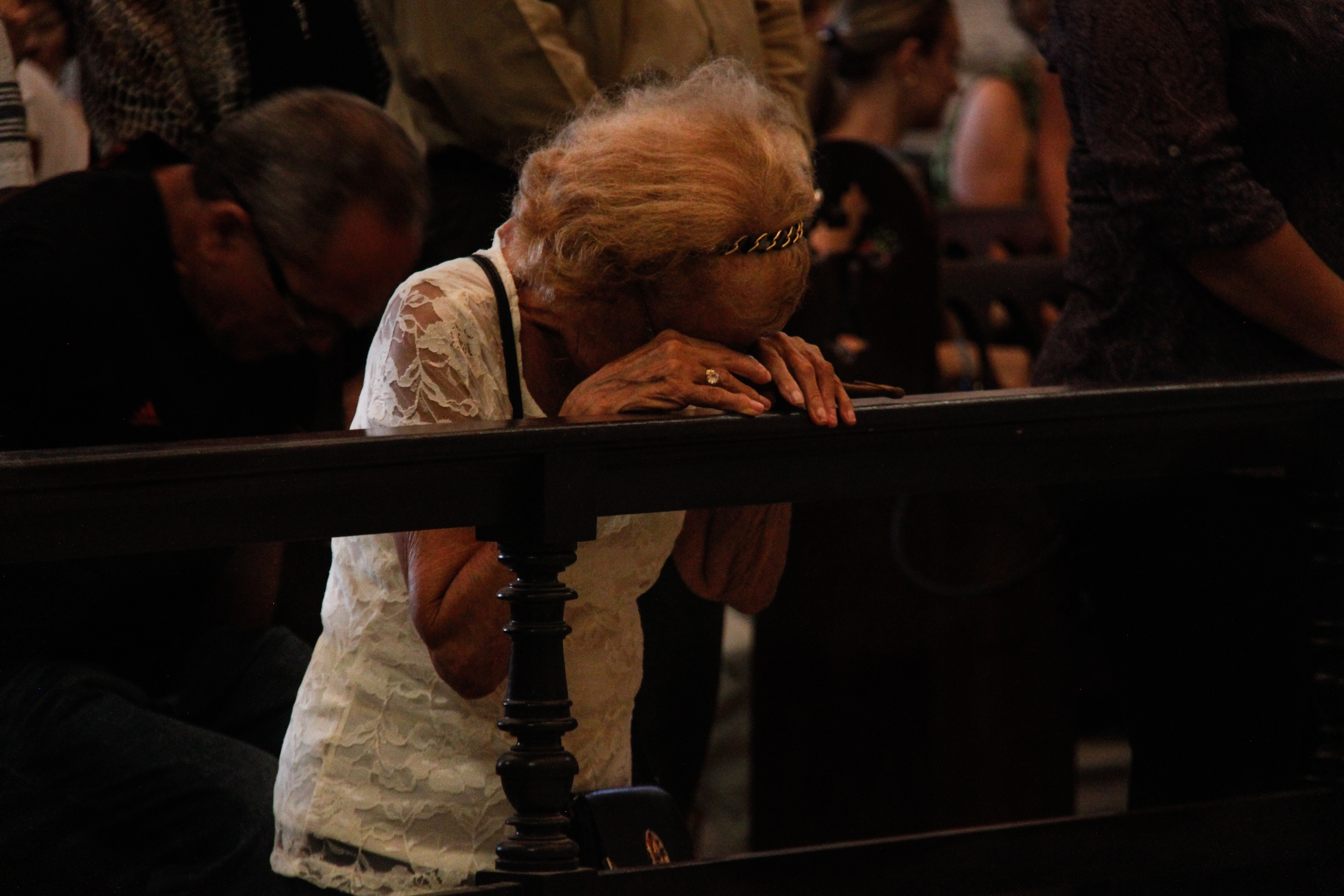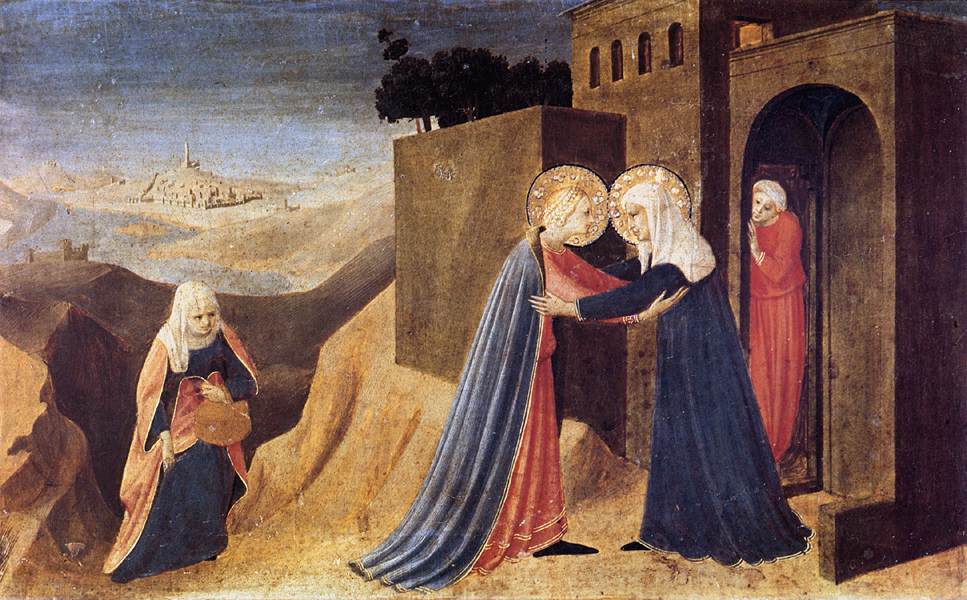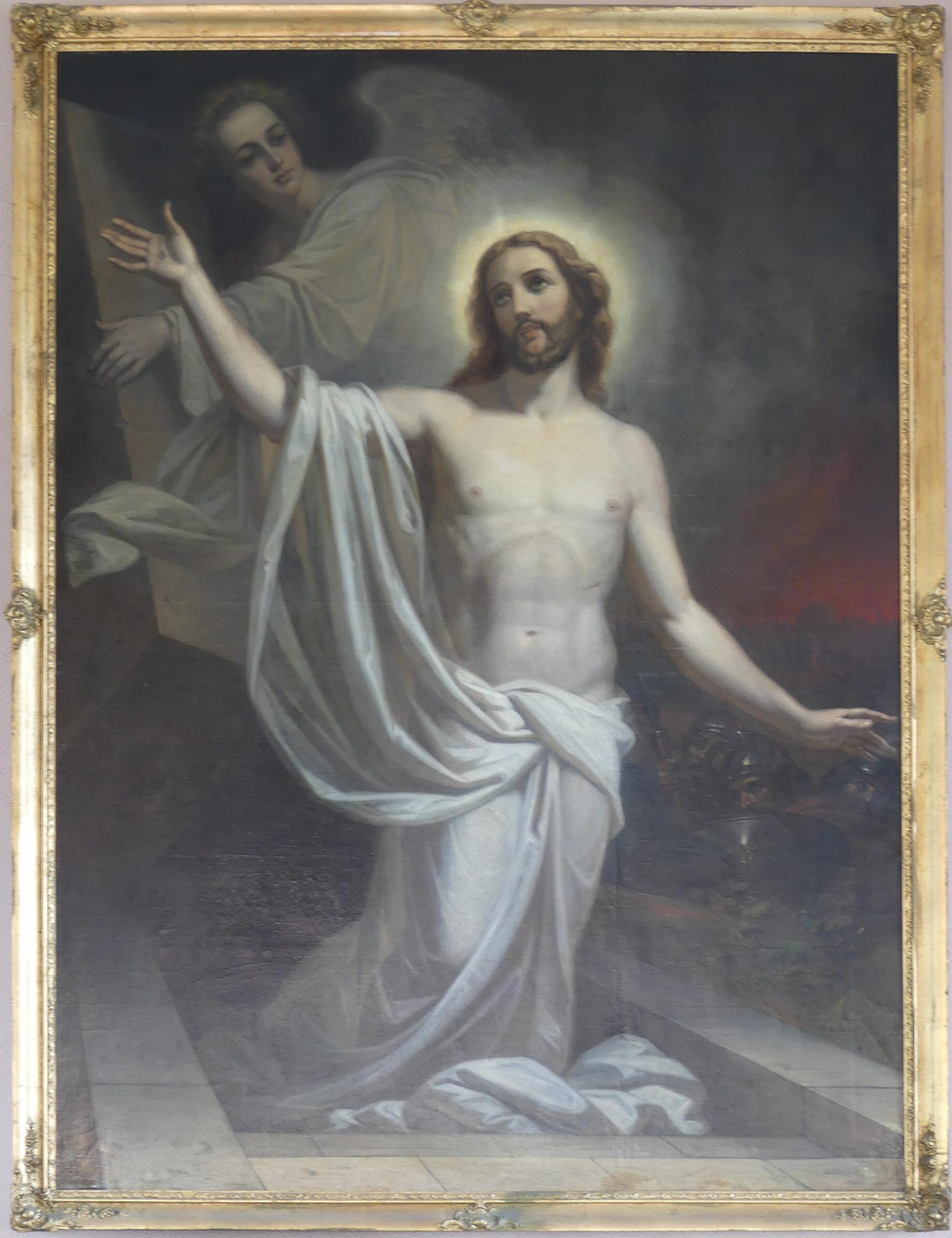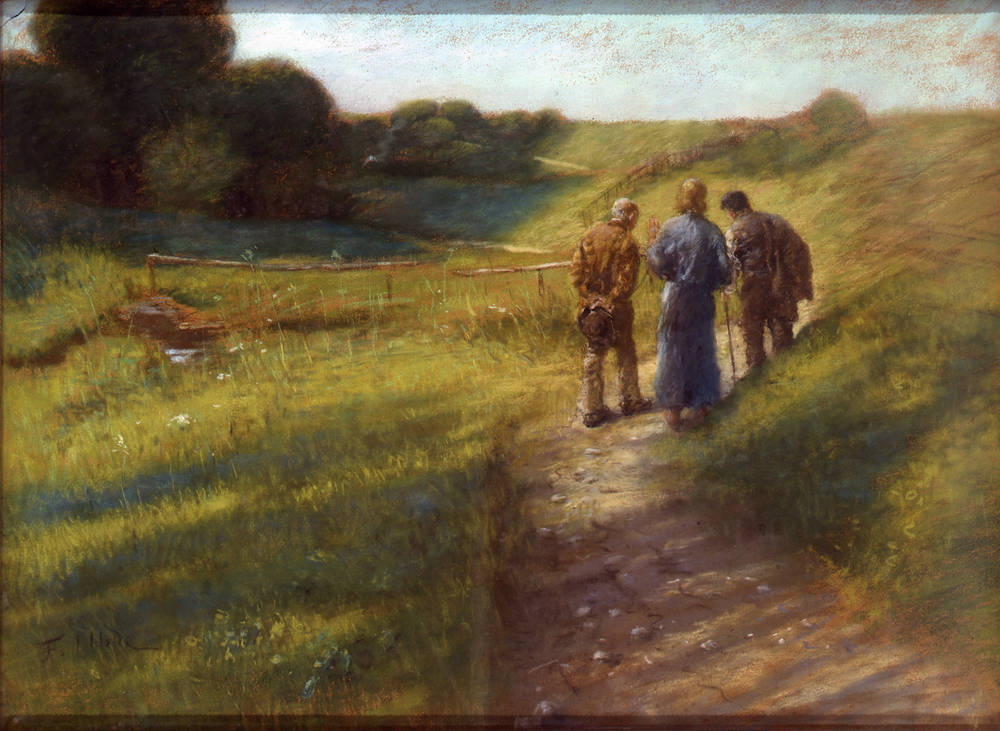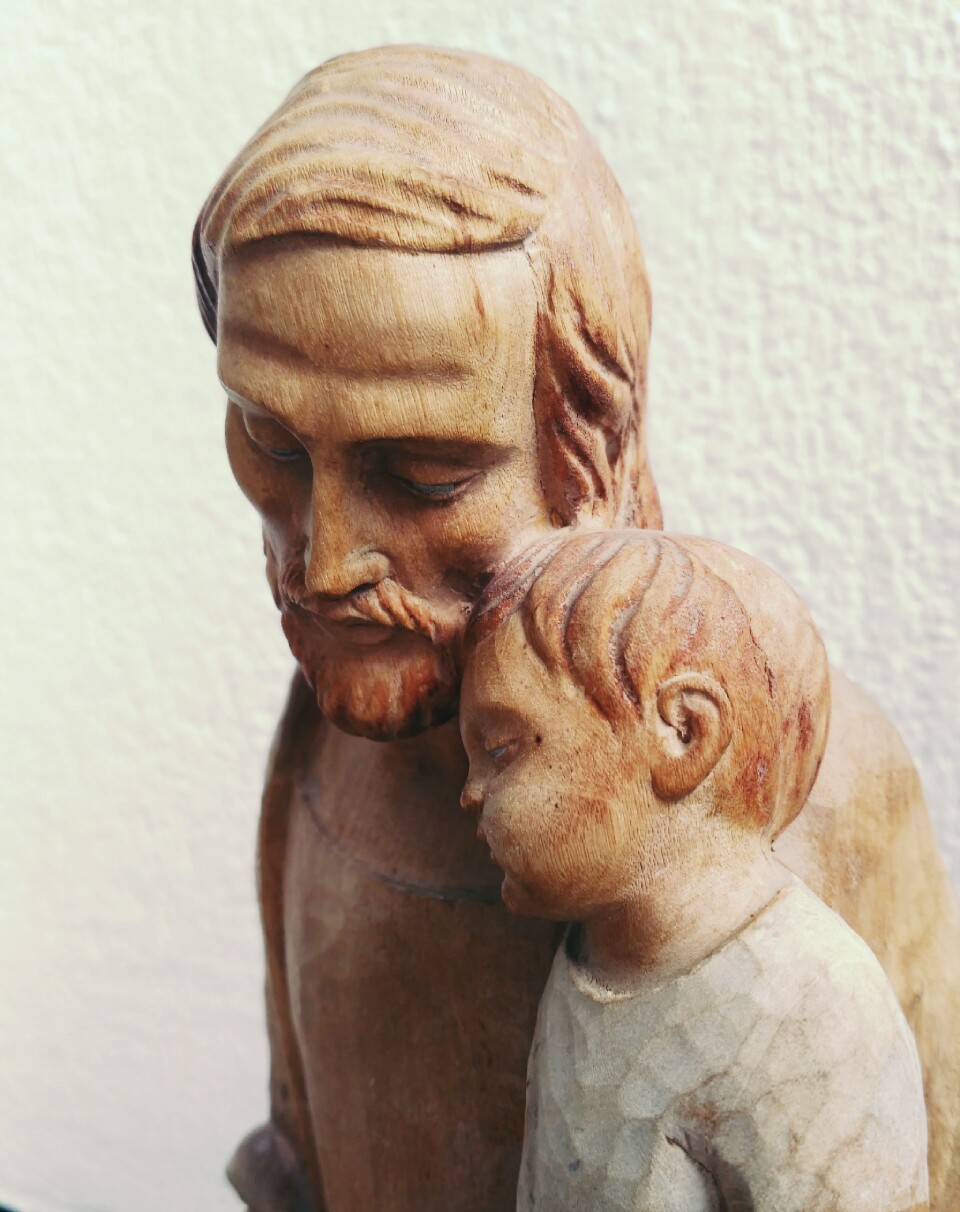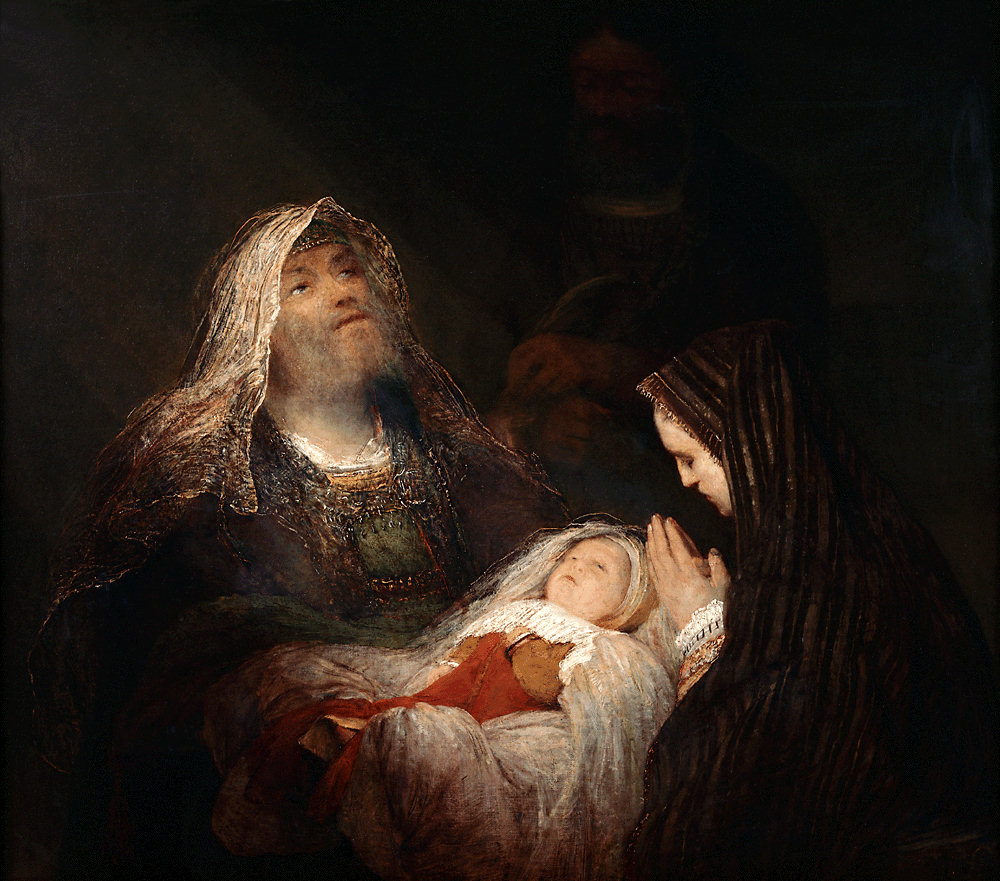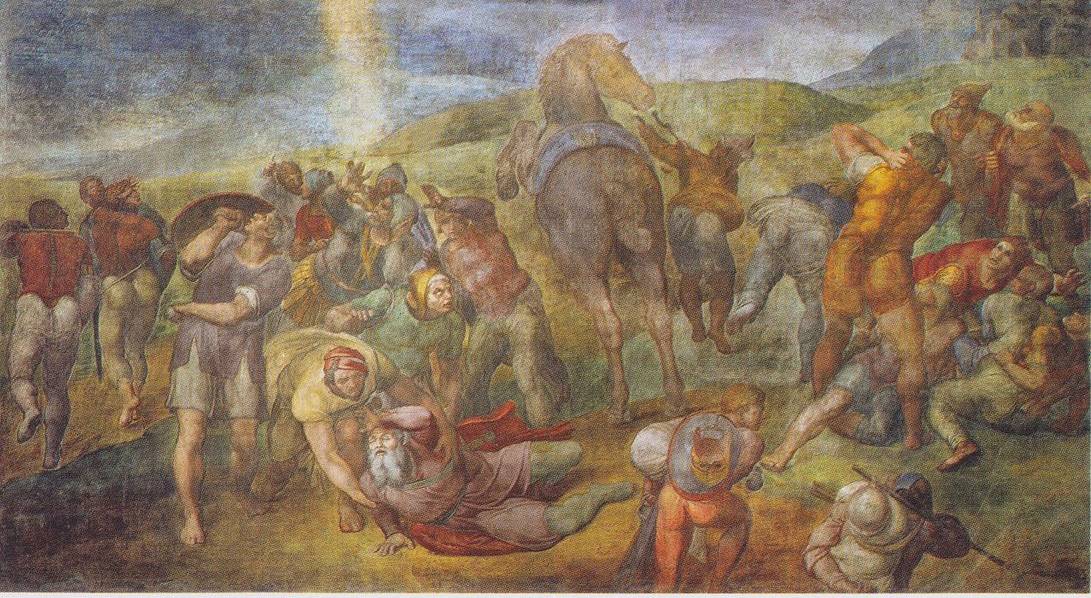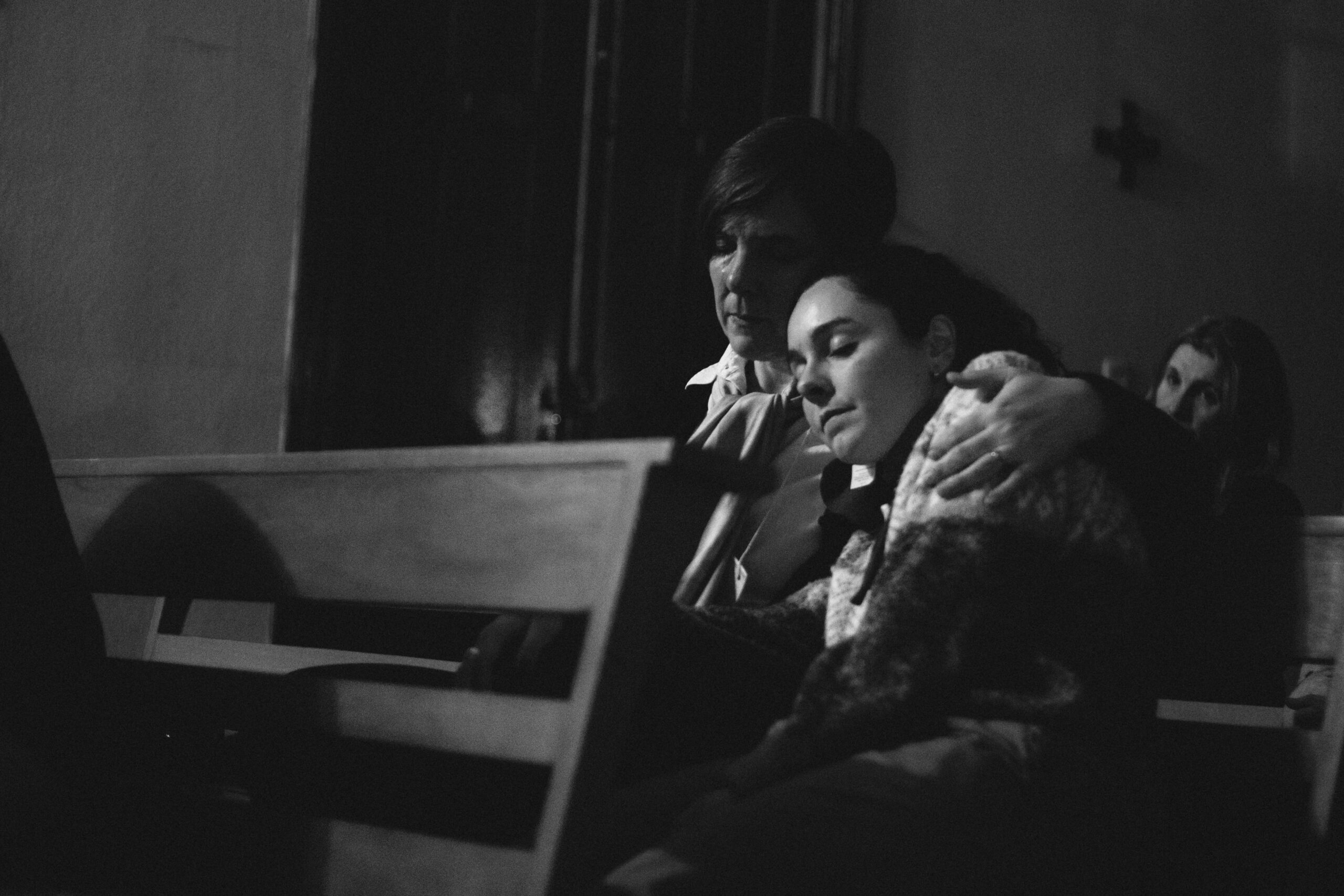The Pharisees saw Jesus eating with the tax collectors and sinners in Matthew’s house, in the house of the man Jesus had chosen, called, loved, and they asked the question, “Why is Jesus interested in these people?”
We can imagine Jesus enjoying himself at this dinner party thrown by his newest disciple. Sharing food, listening intently to the stories of the friends of his who would become part of his inner circle of twelve closest followers, observing them, gazing deep into their hearts and souls, longing to see them whole, happy, at peace, flourishing in goodness and truth.
Those who were getting to know this new rabbi who actually shared his time with them, got close to them, was part of their world, felt no condemnation as they laughed with him, and listened, and told him their stories. As their fear wore off under the warmth of his acceptance of them, his desire to befriend them, they experienced their souls opening in new and surprising ways. Perhaps they experience the beauty and satisfaction of goodness. It was so fulfilling, ran so strong and deep, who knows how many of them left that dinner at least wondering if not absolutely determined to be more their better selves.
What sunshine does to flowers, but infinitely more so, the merciful gaze of the Master accomplishes in hearts that have been isolated in the shadows and cold. They burst forth with new life, color, vibrant beauty.
Matthew and his tax-collecting friends were outcasts from their Jewish brethren… ever been there?
They were looked down upon, labelled by those who were considered righteous… ring a bell?
They lived in a sub-culture closed in on itself, not expecting God to be interested in them as of any value… have you ever felt that way?
We know these men made many mistakes. They cheated their neighbors and friends. They worked for the oppressor. They looked out for themselves. When Jesus, however, invited himself into their circle by proposing dinner at Matthew’s house, his presence brought them joy, drew them in to the love he shared with his Father, shattered the labels they had accepted for themselves.
This dinner party baffled the Pharisees who were meticulous about keeping the smallest of religious rules. At times we may find ourselves warmed by the accepting mercy of Jesus, grateful that his love shields us from the cutting condemnation of others. We could perhaps recognize ourselves in the Pharisees who can’t accept the fact that the non-compliant are the favored ones, the sinners are the ones cherished for the sake of healing and wholeness. But in either case we should never ask the questions:
Why is the Lord interested in me?
Why is the Lord interested in that person or group?
Jesus wants us ever to know that he is interested in us, each of us, all of us, no matter where our heart has led us astray. If the Pharisees had sat down at the table, wanting to be included among the “sinners” for whom Jesus came, his face would have shown on their sad and languishing hearts also.
So join him at his table, enjoy the feast, share with him your story, be filled with the radiance of his happiness as he looks at you with such love.
 Kathryn James Hermes, FSP, is the author of the newly released title: Reclaim Regret: How God Heals Life’s Disappointments, by Pauline Books and Media. An author and spiritual mentor, she offers spiritual accompaniment for the contemporary Christian’s journey towards spiritual growth and inner healing. She is the director of My Sisters, where people can find spiritual accompaniment from the Daughters of St. Paul on their journey. Website: www.touchingthesunrise.com Public Facebook Group: https://www.facebook.com/groups/srkathrynhermes/ For monthly spiritual journaling guides, weekly podcasts and over 50 conferences and retreat programs join my Patreon community: https://www.patreon.com/srkathryn.
Kathryn James Hermes, FSP, is the author of the newly released title: Reclaim Regret: How God Heals Life’s Disappointments, by Pauline Books and Media. An author and spiritual mentor, she offers spiritual accompaniment for the contemporary Christian’s journey towards spiritual growth and inner healing. She is the director of My Sisters, where people can find spiritual accompaniment from the Daughters of St. Paul on their journey. Website: www.touchingthesunrise.com Public Facebook Group: https://www.facebook.com/groups/srkathrynhermes/ For monthly spiritual journaling guides, weekly podcasts and over 50 conferences and retreat programs join my Patreon community: https://www.patreon.com/srkathryn.
Feature Image Credit: Yandry Fernández Perdomo, yandryfernandez_cuba-1564859204708-cathopic.jpg
